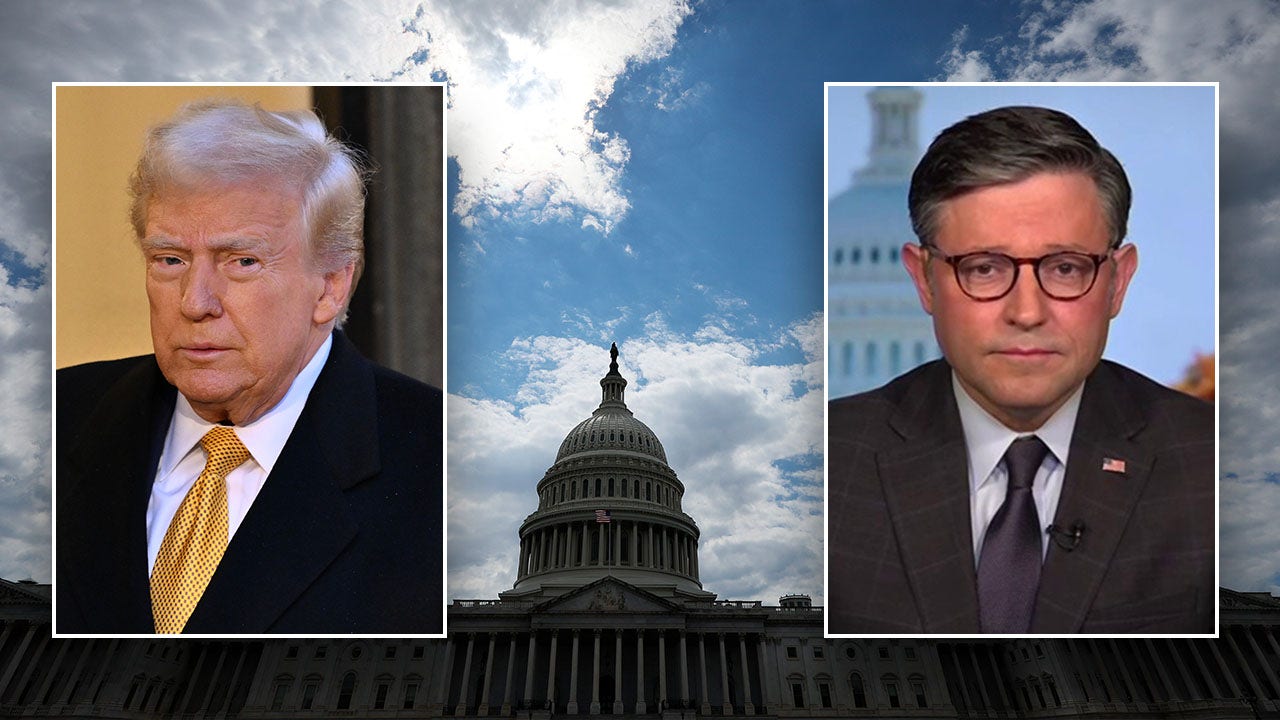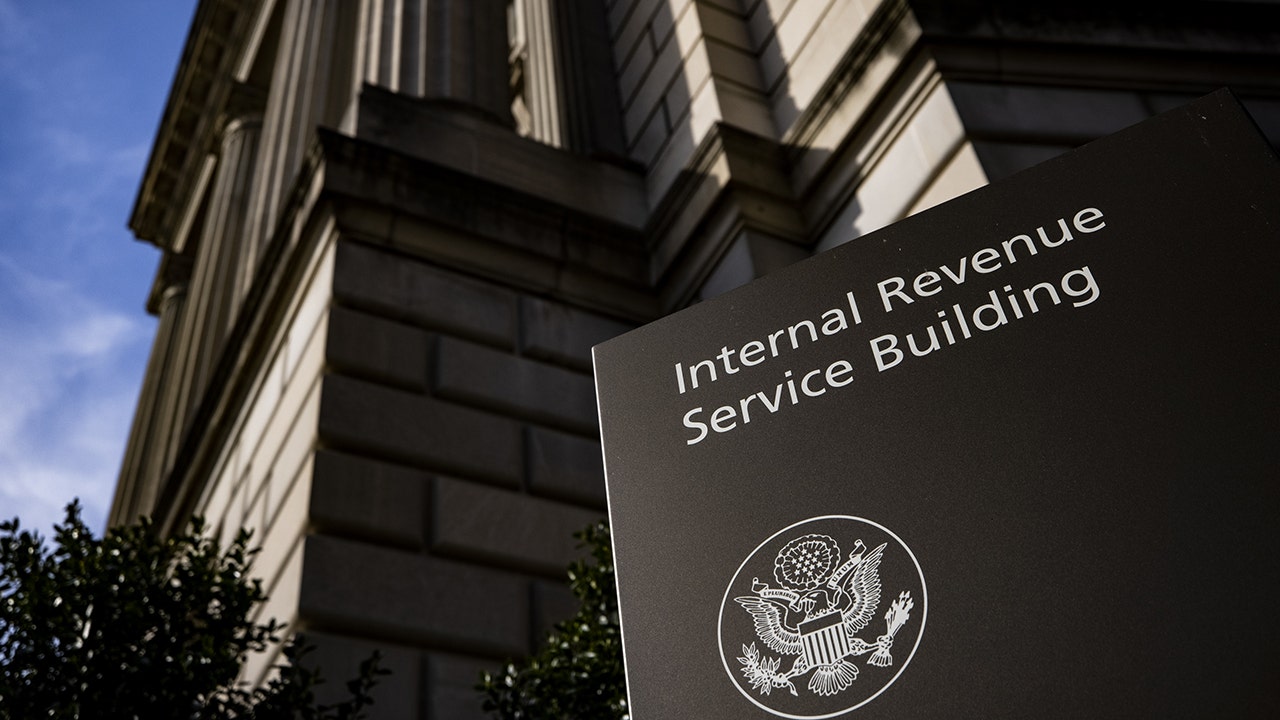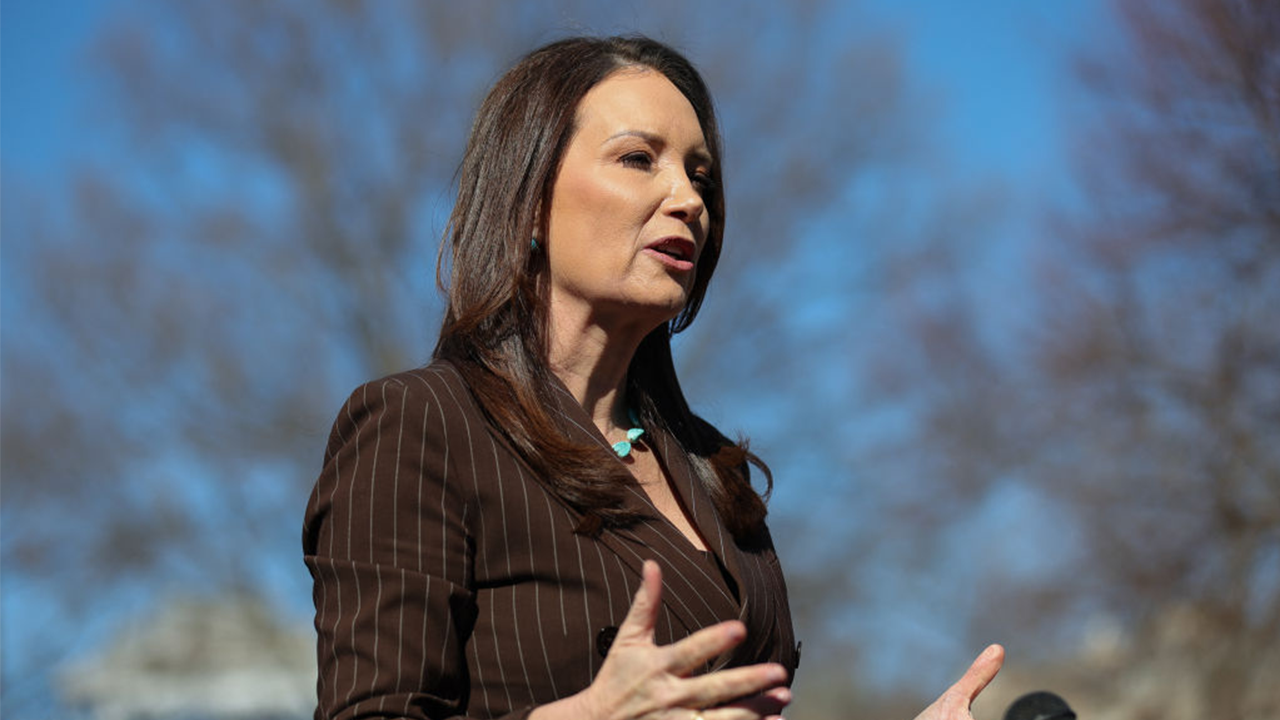Idaho
Idaho Professors Sue Over Law Threatening Prison for Teaching About Abortion

On Tuesday, six Idaho university professors and two teachers’ unions that work across the University of Idaho, Boise State University, and Idaho State University filed a lawsuit against the state to challenge the No Public Funds for Abortion Act (NPFAA), which makes it a crime punishable with up to 14 years in prison to use public funds to “promote” or “counsel in favor of” abortion. In practice, that means that the NPFAA prohibits teaching, discussion, and even research and scholarship about abortion at publicly funded institutions, including public universities.
This has altered professors’ lessons plans, including one professor who has “removed an entire module from her bioethics course that covered abortion,” said Scarlet Kim, senior staff attorney with the ACLU’s Speech, Privacy, and Technology Project and the lead attorney on the case. Kim has also heard from professors who are “declining to pursue research into abortion or abortion-related topics,” including maternal mortality. (In June, Idaho ended its maternal mortality review committee, months after a rural hospital shuttered its entire labor and delivery department as a consequence of state abortion laws.) While NPFAA first took effect in 2021, like other anti-abortion laws in the state, Kim told Jezebel that it’s had an especially chilling impact post-Roe.
According to the plaintiffs, the NPFAA violates both the First and 14th Amendments. It violates the First Amendment rights of faculty, the suit argues, because it broadly criminalizes any academic speech that may be interpreted as favorable to abortion. And it violates the 14th Amendment as it’s unconstitutionally vague and fails to define the terms “promote” or “counsel in favor of.”
In September, a letter from the University of Idaho to its faculty warned that teaching about abortion in class or even providing condoms “for purposes of birth control” (and not merely “for the purpose of helping prevent the spread of STDs”) could result in criminal charges. The letter, shared with Jezebel, stated that adherence to these new rules is necessary because it’s not clear what will or won’t land someone in prison in post-Roe Idaho. The state maintains several extreme anti-abortion laws, including the NPFAA and another law that makes it a felony to advertise contraception and abortion. In the September letter, the University of Idaho emphasized that its zealous new rules stemmed from uncertainty: “Since violation is considered a felony, we are advising a conservative approach here,” it states at one point, continuing: “Academic freedom is not a defense to violation of law, and faculty…must themselves remain neutral on the topic and cannot conduct or engage in discussions in violation of these prohibitions without risking prosecution.”
With the NPFAA, “the lack of clarity…exacerbates the chilling effect of the law, because when folks are unclear as to what’s prohibited, they’re going to steer clear of anything, especially when really harsh criminal penalties are at stake,” Kim said. “It naturally makes professors all the more fearful of what they can or can’t say in the classroom.”
The suit filed this week is specific to NPFAA, but Kim notes that, with the other laws, including the state’s aforementioned criminalization of merely advertising birth control for pregnancy prevention, Idaho has a statewide problem with policing speech where reproductive rights are concerned. Earlier this year, the state became the first in the nation to criminalize so-called “abortion trafficking”—that is, helping minors travel to access abortion care and providing them with information about abortion. And between blocking minors’ access to information about reproductive care and public universities barring classroom discussion of abortion, young people, in particular, are facing the brunt of the consequences.
Due to NPFAA, Kim expressed concern that students “won’t receive a vital political education about the issue of our time.” Similarly, in a press release shared with Jezebel, Martin Orr, president of the Idaho Federation of Teachers said the law “makes reasoned discussion impossible” in classrooms. Orr continued, “How can we teach about U.S. society without addressing abortion—one of the defining cultural and political issues of the day?”
Representatives for the University of Idaho, Idaho State University, and Boise State University didn’t immediately respond to Jezebel’s request for comment about the NPFAA’s impacts on their campuses.
In addition to the horrific ripple effects the fall of Roe has inflicted on the healthcare system, it’s also been catastrophic for free speech. In South Carolina, some lawmakers want to criminalize sharing information about self-managed abortion. Earlier this month, the ACLU and ACLU of Alabama filed a suit to prevent that state from prosecuting providers who help refer patients to out-of-state abortion care. Texas lawmakers introduced a bill to require internet providers to block websites that provide information on abortion. Surveillance, censorship, and criminalization—in our hospitals, homes, and certainly, our campuses—go hand-in-hand with the erosion of reproductive rights.

Idaho
After a short break, more snow & rain coming to Idaho

The weekend is off to a beautiful start after two storms passed through Idaho this past week. Unfortunately, more snow & rain is expected to move into the Gem State on Sunday.
Snow Day – What does it take to get a day off school in Boise?
On Saturday, we saw a decent break with no significant precipitation. Skiers and snowboarders up at Bogus Basin were treated to a bluebird powder day after 15 inches fell on the mountains above Boise this past week. On Sunday, we’ll see another storm arrive and that system is expected to have impacts that last through Monday.
Bogus Basin Ski and Recreation Area
Starting on Sunday, the high temperatures should sit consistently in the low 40s and upper 30s throughout the week, which is nice to see after we just experienced some of the coldest temperatures of the winter this past week.
Tuesday will give us another short break followed by more precipitation coming through Wednesday and parts of Thursday. As we head into the weekend, expect skies to finally clear after the midweek storm with relatively pleasant conditions heading into next weekend.
There may also be a bump in temperatures as there is a high pressure ridge tracking east toward Idaho. We’ll keep you updated on that trend as we move toward the end of the month.
Enjoy the weekend Idaho and stay dry!
Idaho
Obituary for Conal Jay Erickson at Eckersell Funeral Home

Idaho
An Idaho Falls man paralyzed in Swiss skiing crash is one step closer to returning home – East Idaho News

IDAHO FALLS -– An Idaho Falls native who was paralyzed in a skiing accident in Switzerland on Feb. 3 will no longer be stranded in Europe after community members and friends stepped up to help him secure a medical transport back to the United States.
Justin Holman broke his back “in a catastrophic spinal cord injury … shattering his C6 vertebrae” a week and a half ago, his family said in a news release, “paralyzing him from the waist down and leaving him unable to move or control his hands or fingers.”
He received “emergency neck fusion surgery,” at a hospital in Bern but did not receive authorization from his insurer, UnitedHealthcare, for any rehabilitation in Europe or for medical transport back to the United States, the family said in the release.
“Every single day that goes by without rehabilitation is a day that Justin loses in his fight to regain movement and independence,” his brother Stetson Holman shared in the release. “He needs to come home now.”
However, a GoFundMe set up by the family on Thursday took off online, and within 18 hours, enough funding was secured to bring Justin back home.
“Justin will be transported bed to bed — an ambulance will take him from the hospital in Bern, Switzerland, to the airport, where he will fly with two medical professionals by his side for the entire journey,” a GoFundMe update stated on Friday. “If all goes as planned, Justin and (his wife) Jaquoy will arrive in Denver on Sunday!”
In Denver, Justin will be cared for by “in-network specialists at one of the leading U.S. spinal cord rehabilitation centers,” the family said.
As of noon Friday, the family had raised $48,000 of $186,000. The majority has come in small gifts of $10, $20 or $50.
Holman still needs the support of friends and others as he begins a long road to recovery with “hundreds of thousands of dollars in outstanding bills for the air ambulance ride to the hospital,” his family shared.
To help Justin in his journey to recovery, you can donate to his GoFundMe here.
The family thanks all who have contributed so far “as Justin begins the next phase of his fight,” Stetson said.
=htmlentities(get_the_title())?>%0D%0A%0D%0A=get_permalink()?>%0D%0A%0D%0A=htmlentities(‘For more stories like this one, be sure to visit https://www.eastidahonews.com/ for all of the latest news, community events and more.’)?>&subject=Check%20out%20this%20story%20from%20EastIdahoNews” class=”fa-stack jDialog”>
-

 World1 week ago
World1 week agoGeorgia’s EU membership by 2030 is achievable, PM Kobakhidze says
-

 News1 week ago
News1 week agoJustice Department sues Chicago and Illinois over 'sanctuary' laws
-

 Politics1 week ago
Politics1 week agoThe Hitchhiker's Guide to House Republicans releasing their tax and spending cut plan
-

 Politics1 week ago
Politics1 week agoSanctuary city mayors to testify at House Oversight after AG Bondi cuts them off from federal funds
-

 Technology1 week ago
Technology1 week agoTinder adds new Explore categories to help you find likeminded dates
-

 World1 week ago
World1 week agoCyprus jails Syrian man over death of young girl on migrant boat
-

 World1 week ago
World1 week agoFact check: Did Clinton set the precedent for mass federal worker buyouts?
-

 Politics1 week ago
Politics1 week agoHegseth to look into 'what went wrong' in Afghanistan and pledges accountability, slams diversity motto



















